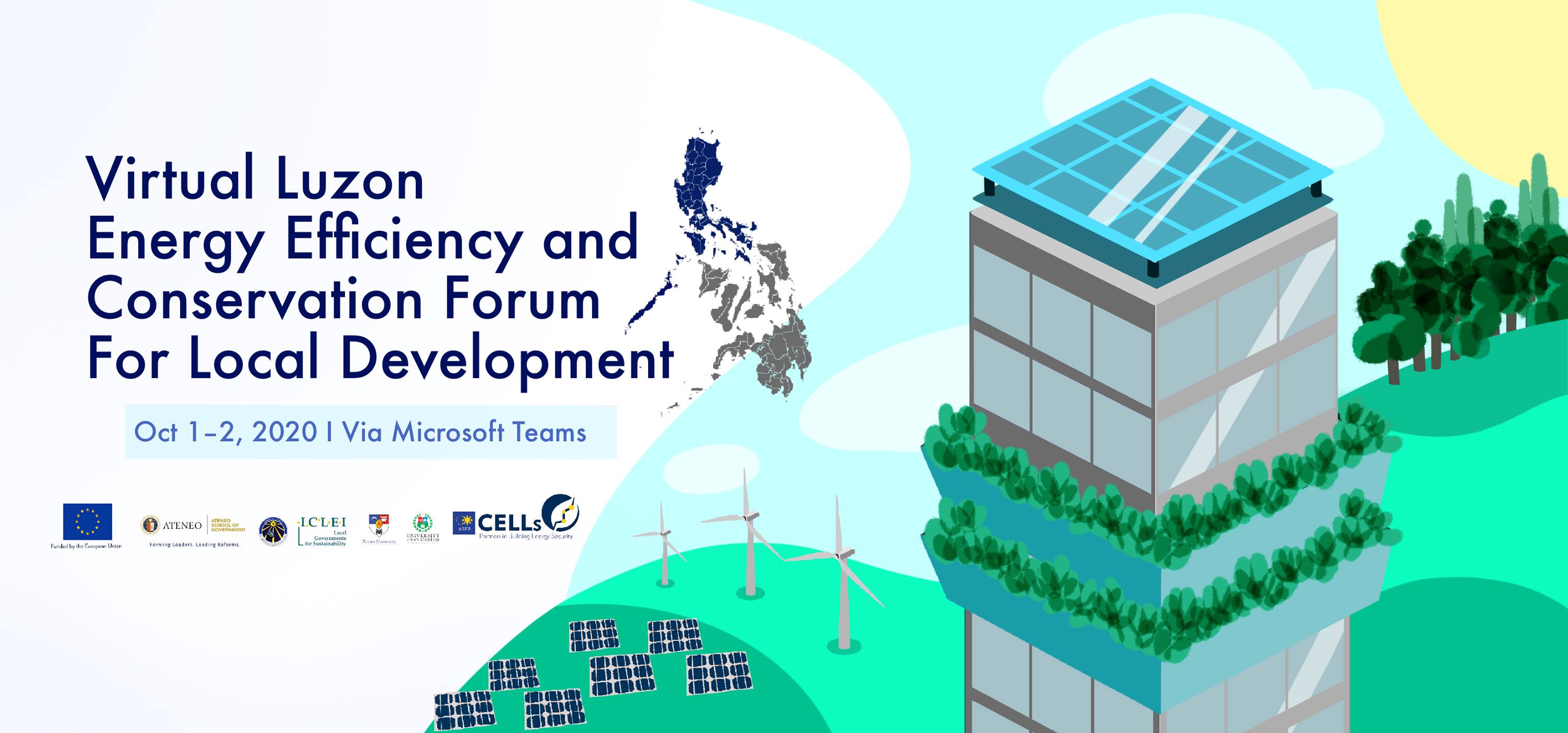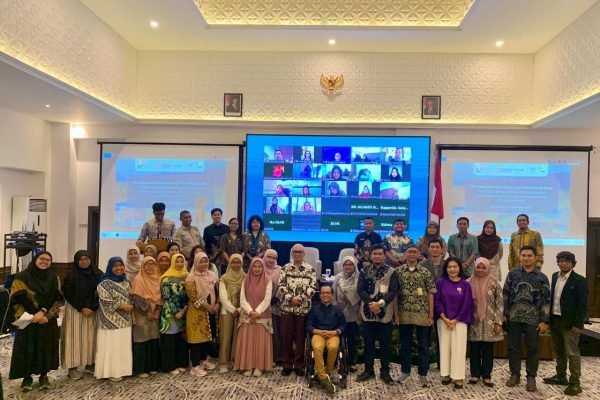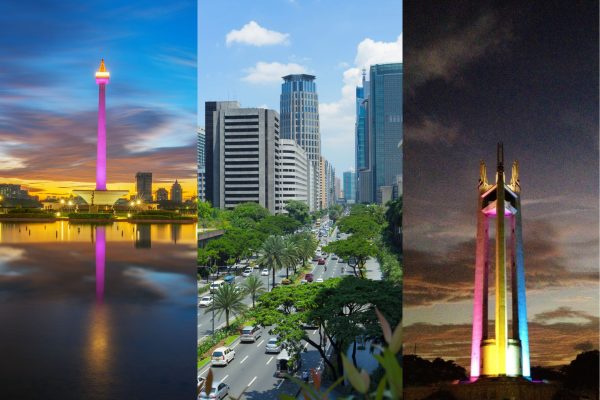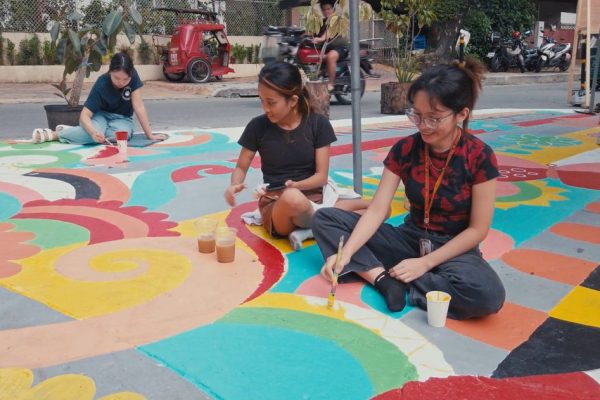Quezon City, Philippines–The Department of Energy (DOE), in partnership with the European Union-supported Access to Sustainable Energy Programme (ASEP-TA), the Asian Development Bank (ADB), and the ASEP-CELLs Project through the Ateneo School of Government (ASOG), the ICLEI – Local Governments for Sustainability Southeast Asia Secretariat (ICLEI SEAS), and the Manila Observatory, held the Virtual Luzon Energy Efficiency and Conservation Forum from 1 to 2 October 2020.
Attended by more than 250 participants, the forum converged representatives from the local and national governments, academe, non-government organizations, electric cooperatives, and private sector energy players.
The forum is the fourth and final installment of energy efficiency and conservation (EE&C) forum series that was held to inform local government units and other stakeholders of the key elements of the EE&C Act, or Republic Act 11285, and its Implementing Rules and Regulations. The Luzon EE&C Forum also discussed the Philippine Green Building Code, EE&C best practices, technologies, and financing modalities in the Philippines. The last session was dedicated for local government units to share their local EE&C plan and initiatives. All of these support localizing and reinforcing the law.
Legazpi City Mayor Noel Rosal presented the city’s Local Energy Efficiency and Conservation Plan (LEECP) and told the audience, “For the [year] 2020, although we were affected by the COVID-19 [pandemic], these [programs and activities] were already in the pipeline and the appropriation for these were not realigned to other purposes such as COVID-19, because this is [sic] essential for the development in preparation for the reopening of our economy.”
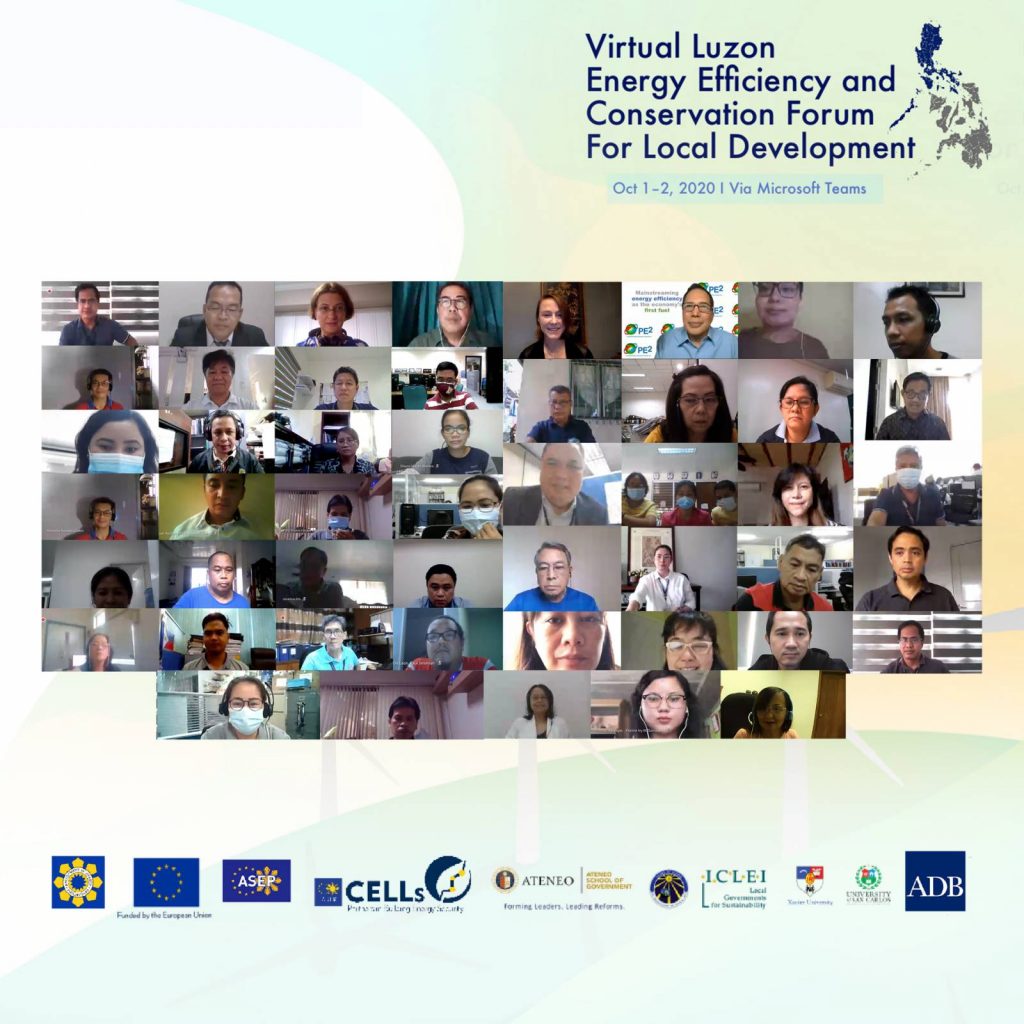
Prior to the Luzon EE&C Forum, ICLEI SEAS, along with the DOE, ASEP-TA, and the World Wide Fund for Nature (WWF) Philippines, through its One Planet Cities Program, hosted a pre-forum session on 30 September. Attended by almost 100 participants, this session aims to assist local governments in understanding DOE’s LEECP summary template and educate them of EE&C concepts and practices. WWF-Philippines’ Atty. Gia Ibay, Head of Climate and Energy Programme and National Director of the Earth Hour Pilipinas, revitalized the pre-forum session as she discussed city-driven energy efficiency initiatives in the areas of urban planning, efficiency envelopes, green procurement, and citizen awareness to further inspire the LGU participants to develop innovative and transformative climate actions.
These best practices were initiated by cities of the One Planet City Challenge, a biennial global challenge by WWF that recognizes cities developing low-carbon solutions to power global transition to a climate-resilient future, in which Philippine cities have been participating since 2015. In the current round of OPCC, Batangas City, Sta. Rosa City, and Muntinlupa City emerged as finalists in the Philippines. Atty. Ibay also presented a local energy planning framework that WWF is developing together with DOE and their development partners, which is envisioned to offer clear entry points for LEECPs to contribute to the Philippine Energy Plan.
The Luzon Energy Efficiency and Conservation Forum may be the last of the regional EE&C dialogues however, ICLEI SEAS through the ASEP-CELLs remains committed to mainstream the EEC Law and to bridge gaps in developing a local energy efficiency and conservation plan.

